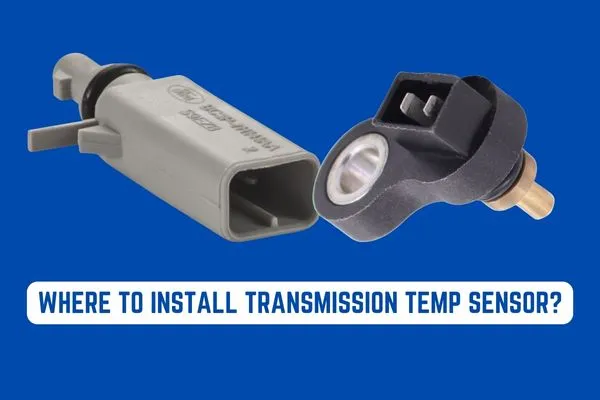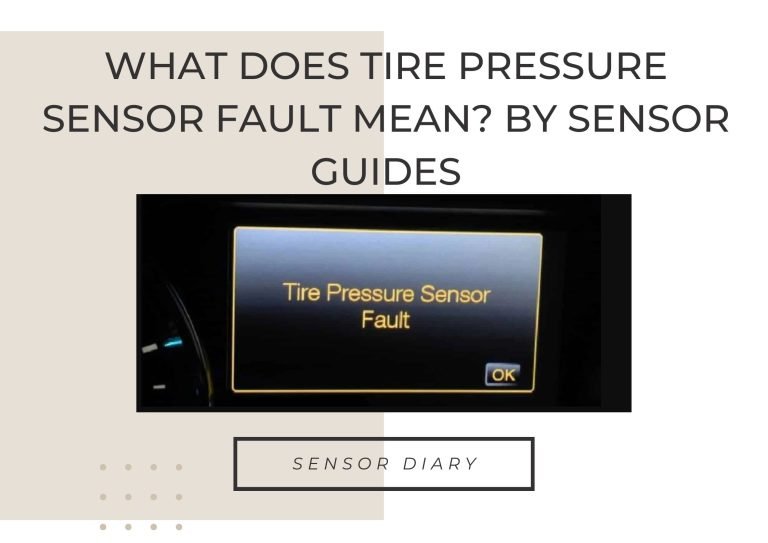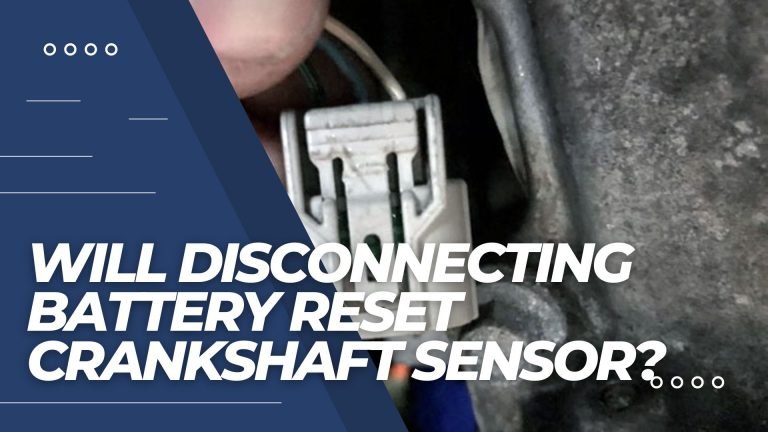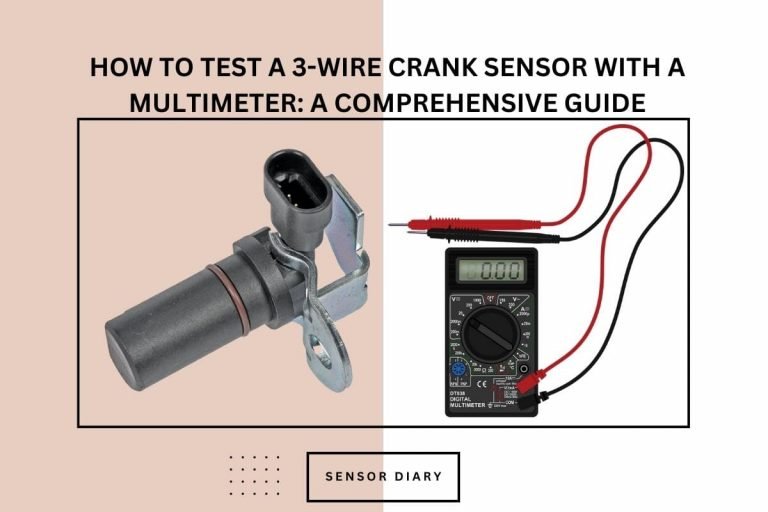Will A Tire Pressure Sensor Fail Inspection in NY?
Vehicle inspections are essential to ensuring road safety and environmental compliance. If you’re a vehicle owner in New York, you may be curious about the impact of a failing tire pressure sensor on the inspection process.
In this article, we will explore the role of tire pressure sensors, the requirements of New York vehicle inspections, and the implications of a malfunctioning sensor during inspections.
Understanding Tire Pressure Sensors
Tire pressure sensors, or TPMS (Tire Pressure Monitoring System), are electronic devices designed to monitor the air pressure in your vehicle’s tires. They are crucial in maintaining proper tire inflation, and vital for safe and efficient driving.
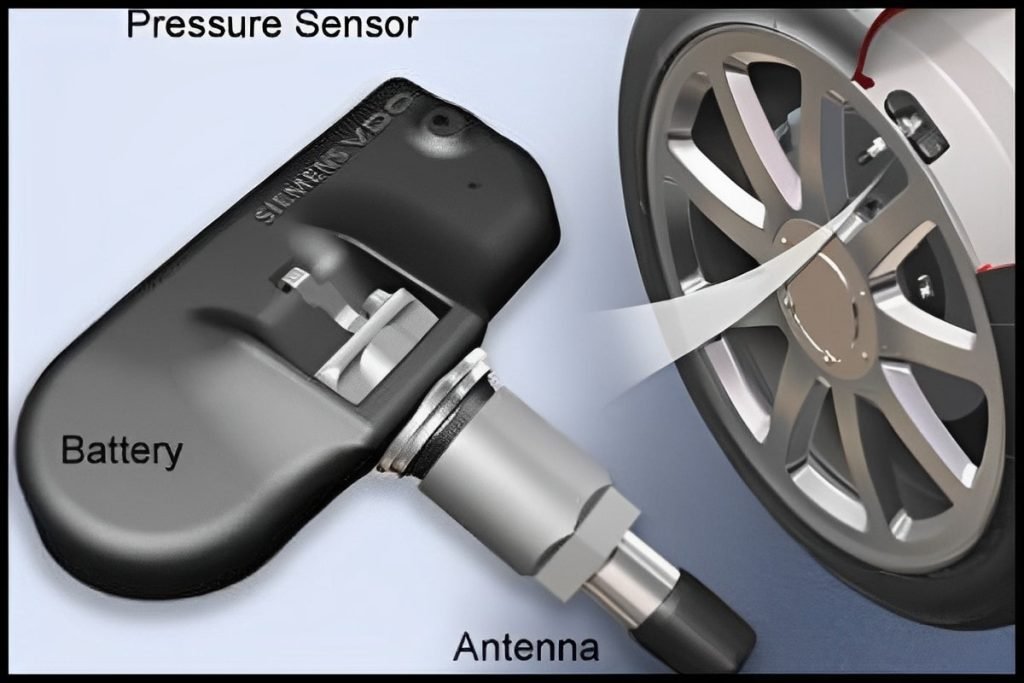
By continuously monitoring tire pressure, these sensors provide real-time feedback to drivers, alerting them to any significant deviations from the recommended tire pressure.
New York Vehicle Inspection Requirements
In New York, vehicle inspections ensure that vehicles meet specific safety and emissions standards. These inspections cover various aspects, including brakes, lights, exhaust systems, and tires.
Each component is evaluated based on established criteria to determine whether the vehicle meets the required standards for safe and legal operation on New York roads.
Impact of a Failing Tire Pressure Sensor
Factors such as battery depletion, sensor damage, or system malfunction can cause a failing tire pressure sensor. When a sensor fails, it may result in inaccurate or non-functioning tire pressure monitoring.
This can have several consequences, including compromised safety due to underinflated or overinflated tires, reduced fuel efficiency, and increased tire wear.
During New York vehicle inspections, tire condition and proper inflation are evaluated to ensure compliance with safety standards.
While the specific requirements regarding tire pressure sensors may vary, it is important to note that a malfunctioning sensor can lead to inspection failure if it contributes to improper tire inflation or poses safety risks.
Ensuring Compliance and Addressing Issues
Regular maintenance and care for tire pressure sensors are essential to ensure compliance with New York vehicle inspection requirements. This includes checking sensor functionality, replacing sensor batteries as needed, and addressing any issues promptly.
If you suspect a problem with your tire pressure sensor, it is advisable to consult a qualified automotive technician who can diagnose and repair the issue.
Addressing sensor-related problems before the inspection is crucial to avoid potential inspection failure and ensure your vehicle meets the necessary safety standards.
By maintaining a properly functioning tire pressure monitoring system, you not only enhance the safety of your vehicle but also contribute to better fuel efficiency and tire longevity.
What fails a car inspection in NY?
In New York, a vehicle can fail its inspection for several reasons related to safety, emissions, and other factors.
The specific criteria for inspection failure may vary slightly depending on the inspection type, such as a safety inspection or an emissions inspection. Here are some common reasons why a car may fail its inspection in New York:
Safety-related failures
Inspectors thoroughly examine various components of the vehicle to ensure they meet safety standards. Failures in any of the following areas can result in inspection failure:
- Brakes: Insufficient brake performance, worn brake pads, leaking brake fluid, or other brake-related issues.
- Steering and suspension: Faulty steering components, excessive play in the steering wheel, worn-out suspension parts, or improper alignment.
- Lights and signals: Non-functioning headlights, brake lights, turn signals, or other required lights.
- Tires: Insufficient tread depth, uneven wear, damaged tires, or tires that are improperly inflated.
- Windshield and windows: Cracked or severely damaged windshields, windows obstructing the driver’s view, or window tinting exceeding legal limits.
- Mirrors: Missing or broken mirrors that impact visibility.
- Seat belts: Non-functional or damaged seat belts, including those in the front and rear seats.
Emissions-related failures
New York requires emissions inspections in certain regions to ensure vehicles meet environmental standards. Common reasons for emissions-related inspection failures include:
- Check Engine Light (CEL): If the CEL is illuminated, it indicates that the vehicle’s onboard diagnostic system has detected an emissions-related problem.
- High emissions levels: If the vehicle exceeds the acceptable limits for pollutants such as carbon monoxide (CO), hydrocarbons (HC), or nitrogen oxides (NOx), it will fail the emissions inspection.
Malfunctioning emission control systems: Failure of components such as the catalytic converter, oxygen sensors, or evaporative emissions system can lead to inspection failure.
Other factors
In addition to safety and emissions concerns, there are additional factors that can lead to inspection failure, including but not limited to:
- Exhaust system: Leaks or excessive noise from the exhaust system can result in failure.
- Vehicle registration: If the vehicle’s registration has expired or is not up to date, it can result in inspection failure.
- Vehicle modifications: Certain modifications, such as tinted headlights or non-compliant aftermarket parts, may cause inspection failure if they violate state regulations.
It’s important to note that the specific requirements and standards for inspections may be subject to change over time, so it’s advisable to consult the New York State Department of Motor Vehicles (DMV) or a certified inspection station for the most up-to-date information regarding inspection criteria.
Conclusion
In conclusion, while the specific impact of a failing tire pressure sensor on New York vehicle inspections may vary, it is important to recognize the significance of these sensors in maintaining tire safety and overall vehicle performance. Regular maintenance, troubleshooting, and prompt repairs are vital to address any sensor-related issues and ensure compliance with inspection requirements in New York.



